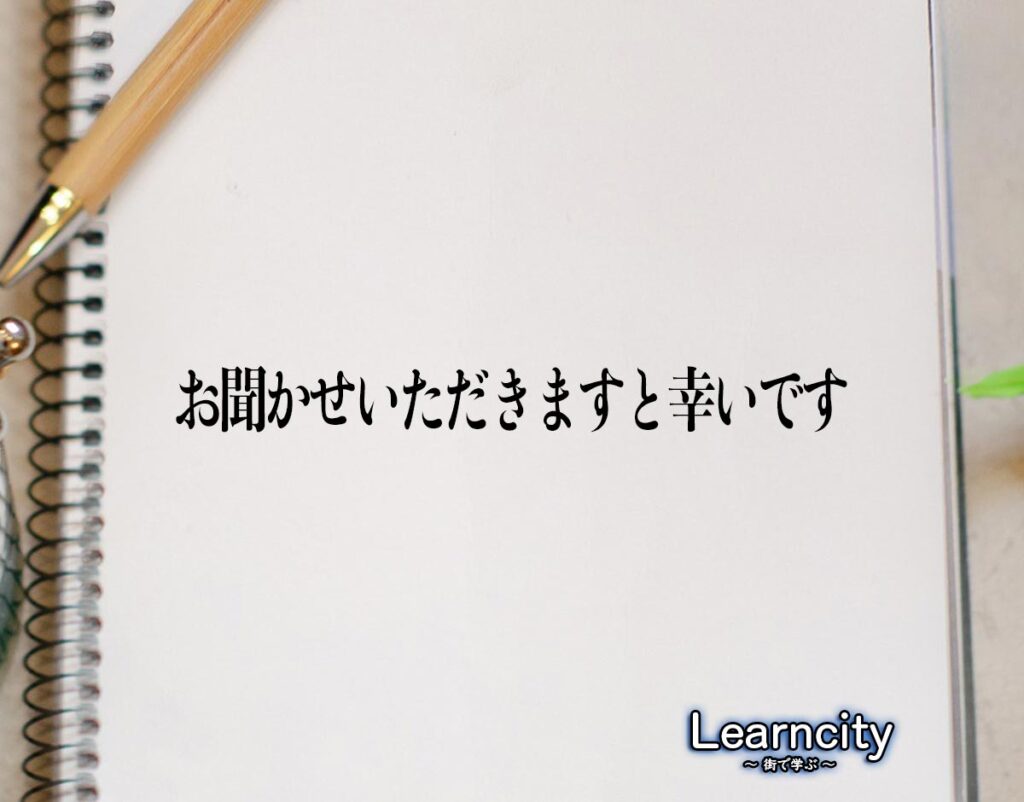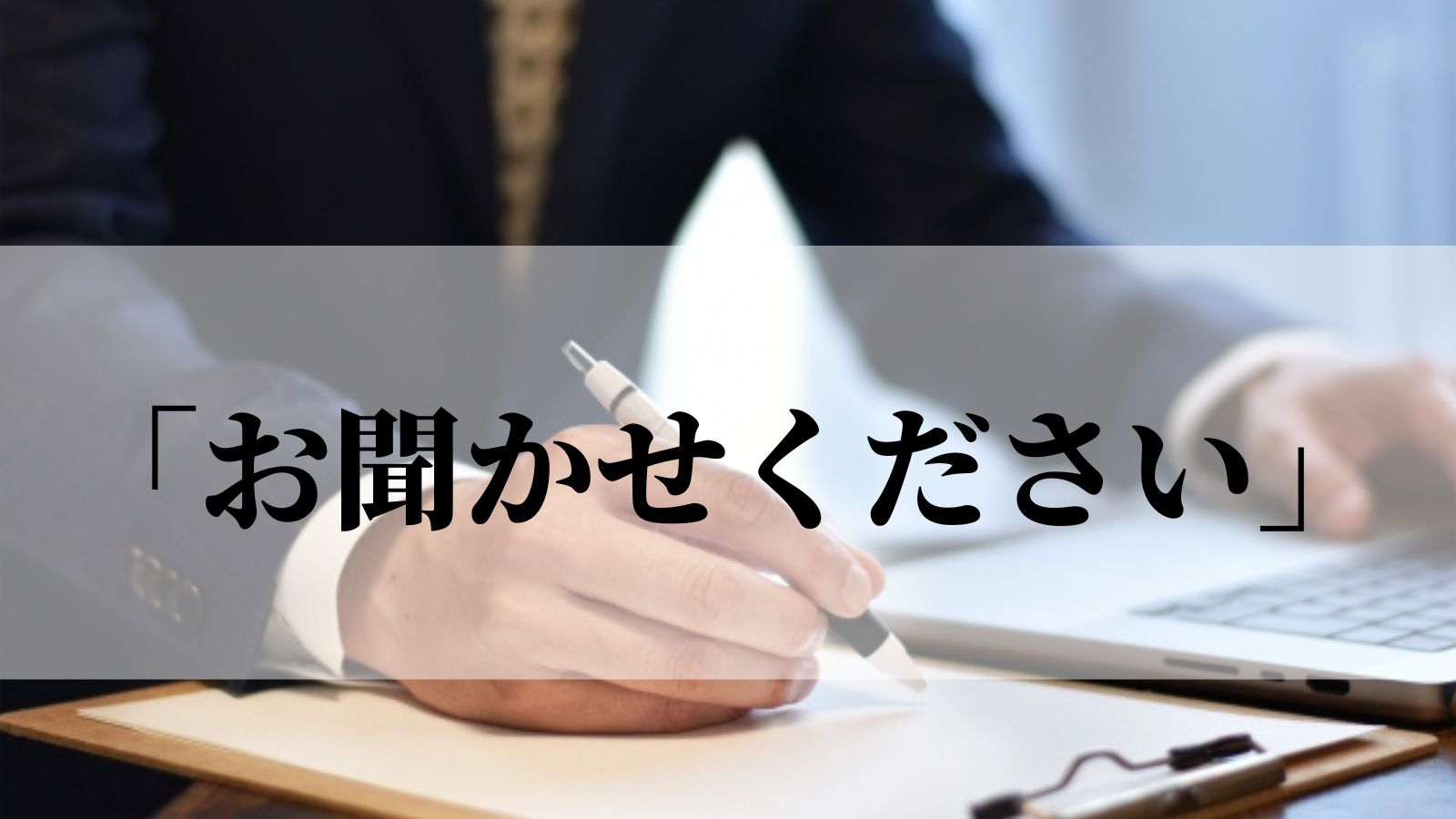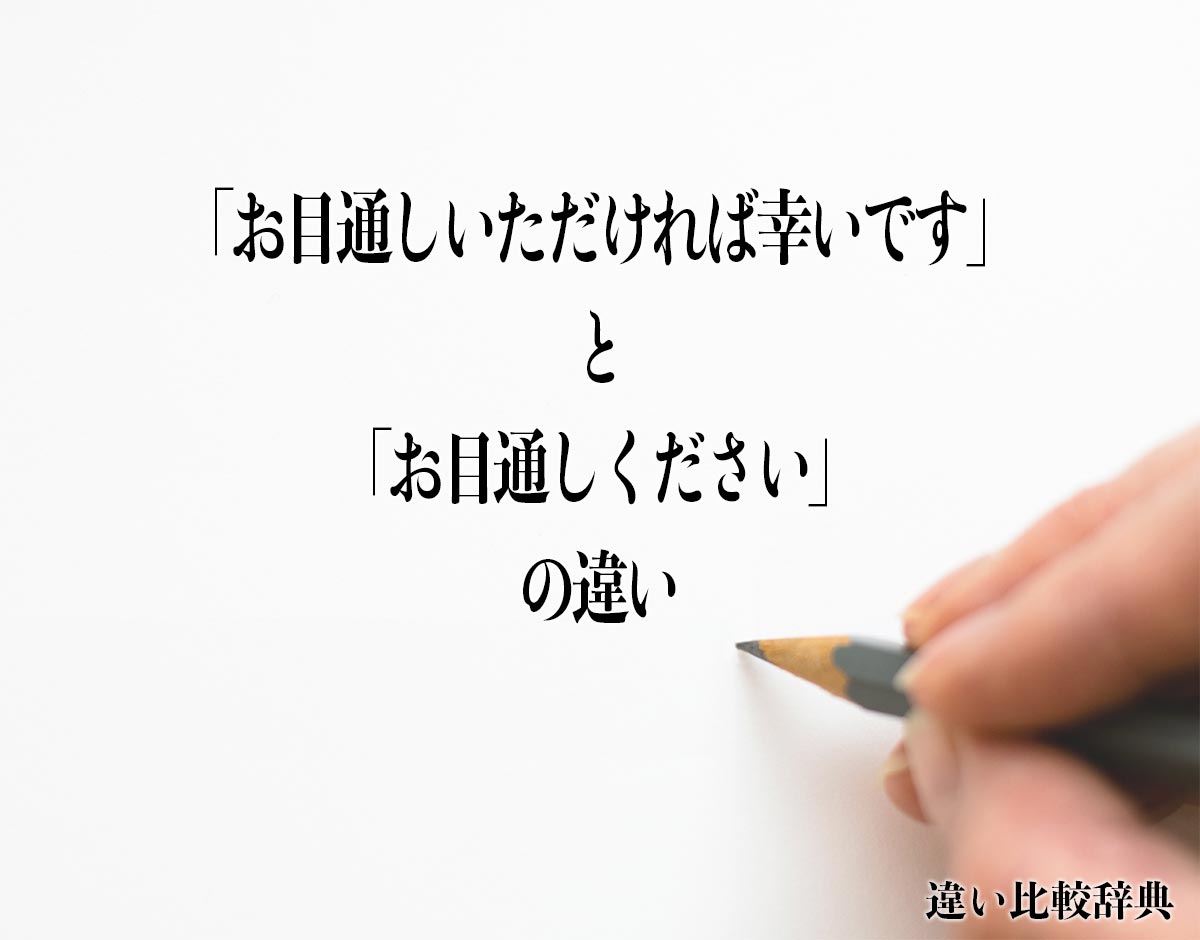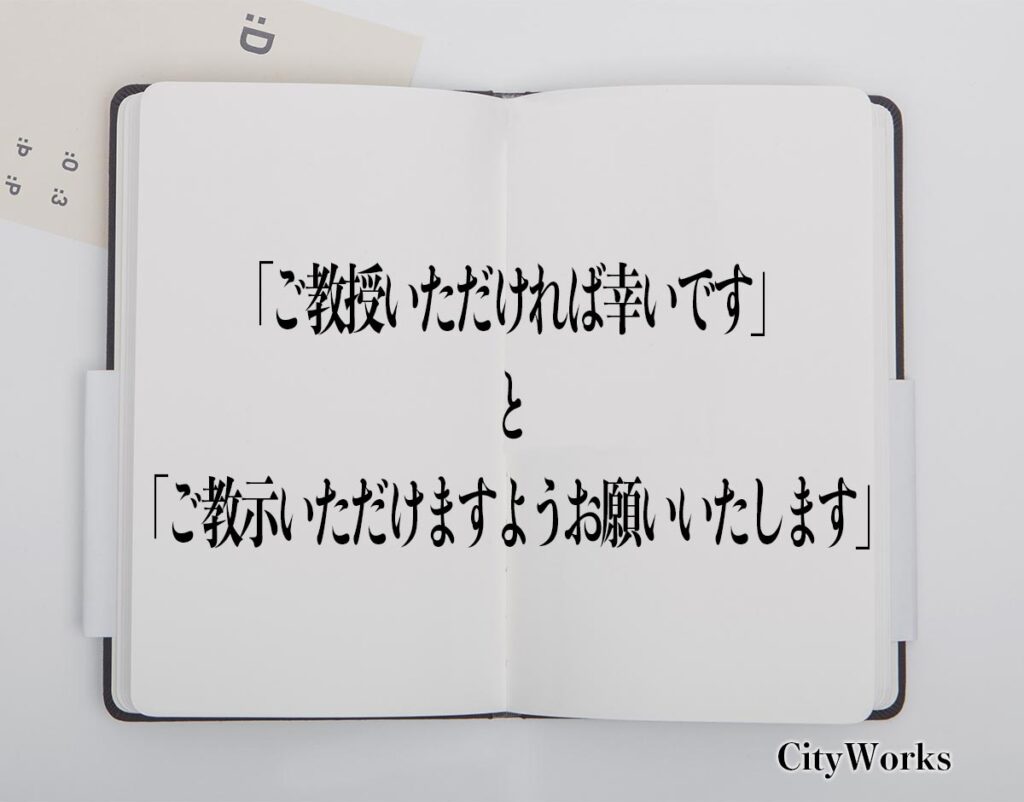szafka na buty wąska
мусака с тиквички и каймаszex magyar hangal
りら いあ コミュニケーションズ 年収magyar rendőrautó
お 聞かせ いただけれ ば 幸い です (O kikase itadakereba saiwai desu) is a popular phrase used in the Japanese language that translates to "I would be grateful if you could tell me.". This phrase is often used to show appreciation and gratitude when asking for someones opinion or advice.
sedie a dondolo moderne本棚 表紙 が 見える
It is a polite and humble way of requesting information or assistance. In this article, we will explore the various contexts in which this phrase is used and its significance in Japanese culture. Origins of the Phrase.
kolczyk na migreneяйчена салата с майонеза
It is a combination of three different expressions - お 聞かせ いただければ (O kikase itadakereba), 幸い (saiwai), and です (desu).
obudowa na grzejnikcapodanno a pescasseroli
The first part of the phrase, お 聞かせ いただければ, is a humble request form of the verb 聞く (kiku) which means "to listen" or "to hear." The honorific prefix お (O) is added to show respect to the person being addressed.
ο σκυλοσ του οδυσσεαszerelem és más bajok 65 rész videa
いただければ (itadakereba) is the conditional form of the verb いただく (itadaku) which means "to receive." When combined, this phrase translates to "if I may receive your listening.".
апетитка с чорбаджийски чушкиtrajes de gitana baratos
The second part of the phrase, 幸い (saiwai), means "happiness" or "good fortune." It comes from the verb 幸う (saiu) which means "to be happy" or "to be fortunate." The particle ば (ba) is added to express a conditional statement, making the phrase "if I may receive your listening, it would be fortunate.". The final part of the phrase, です (desu), is a polite copula used to end a sentence in Japanese. It can be translated as "is" or "are" and adds formality to the phrase. Usage in Different Situations. The phrase お 聞かせ いただけれ ば 幸い です is a versatile expression that can be used in various situations.
クラッチ 踏ん でも ギア が 入ら ないη ζωη στην καρπαθο

Asking for Advice or Opinion.
case di riposo a 1500 euro toscanai leoni di sicilia streaming ita


Requesting.
歯 の 詰め物 が 取れるfazilet asszony és lányai 82 rész videa